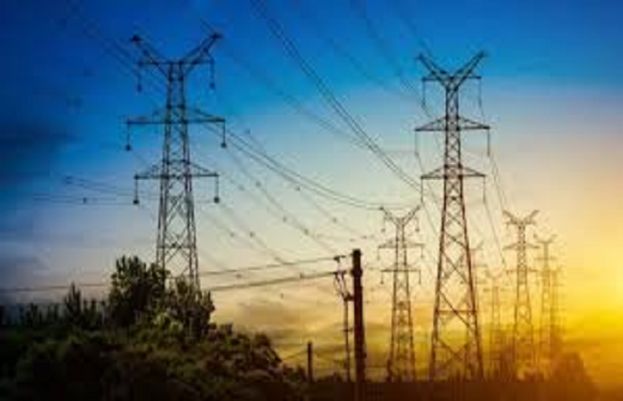The Pakistan Industrial and Traders Association Front (PIAF) has cautioned that Pakistan’s overdependence on energy-focused foreign investment is holding back broader economic growth, calling on policymakers to expand investment opportunities in mining, manufacturing, IT, and other underdeveloped sectors. PIAF Patron-in-Chief Mian Sohail Nisar said that heavy concentration of foreign capital in a single sector is concerning. “Foreign investors continue to channel funds primarily into energy, but Pakistan has far greater potential in mining, information technology, and value-added manufacturing,” he said. Over the past 10 years, FDI into Pakistan has ranged from $2 billion to $3 billion annually, with roughly 35% directed to the power sector, underscoring the need for diversification. According to the State Bank of Pakistan (SBP), Pakistan attracted total foreign direct investment (FDI) of $2.46 billion in fiscal year 2024-25, a year-on-year increase of around 5%. China remained the leading investor with $1.23 billion, nearly double its investment from the previous year, registering a 91% jump. Other significant contributions came from Hong Kong with $470 million, the United Arab Emirates with $283 million, Switzerland with $203 million, and the United Kingdom with $202 million. Sector-wise, the power sector continued to dominate inflows, receiving $1.17 billion, much of it in hydel projects, while financial services attracted $702.2 million. Oil and gas exploration, electronics, IT, food, petroleum refining, and textiles were among other sectors that managed to secure a smaller share of investment. Representatives of the business community noted that while the overall numbers for FY25 show an improvement, the gains remain fragile and heavily skewed. They emphasised that credible projects, transparent regulations, and genuine economic opportunities are necessary to convert investor interest into broader inflows. Without reforms, they warned, Pakistan risks remaining stuck in a narrow energy-focused pattern of investment. A Lahore-based industrialist, Ashraf Javed, pointed out that countries in the region are moving ahead quickly. “India and Bangladesh are attracting billions across diversified sectors like IT, manufacturing, and e-commerce, while we continue to depend on power projects,” he said. “We need stable policies, simplified regulations, and consistent tax frameworks if we want to bring long-term investors to other industries.” Mining has emerged as one of the most promising areas for Pakistan, given the substantial reserves of copper, gold, coal, and rare earth minerals in provinces like Balochistan and Khyber-Pakhtunkhwa. Several foreign companies, including those from the United States, have shown interest in this sector. However, business leaders argue that without practical steps such as modernising mining laws, ensuring security for investors, and cutting red tape, interest will not translate into commitments. Independent economists have also voiced similar concerns. Syed Afaraz Ahmad, an analyst, observed that Pakistan’s reliance on debt-driven growth makes diversified FDI more important than ever. “Energy-related investment may keep the lights on, but it does not generate large-scale employment or strong export earnings. Mining, technology, and manufacturing are the sectors that can change the economic outlook,” he said. The business community stressed that Pakistan’s geographic position at the crossroads of South and Central Asia gives it a natural advantage for becoming a regional investment hub. But they warned that without deregulation, predictability in policy, and efforts to improve ease of doing business, foreign capital will continue to bypass the country. “The potential is there; however, the challenge is whether Pakistan can create the conditions that convince investors to move beyond energy and bring real value to the economy,” said Javed.
Shift in FDI Needed to Break Reliance on Energy Sector

